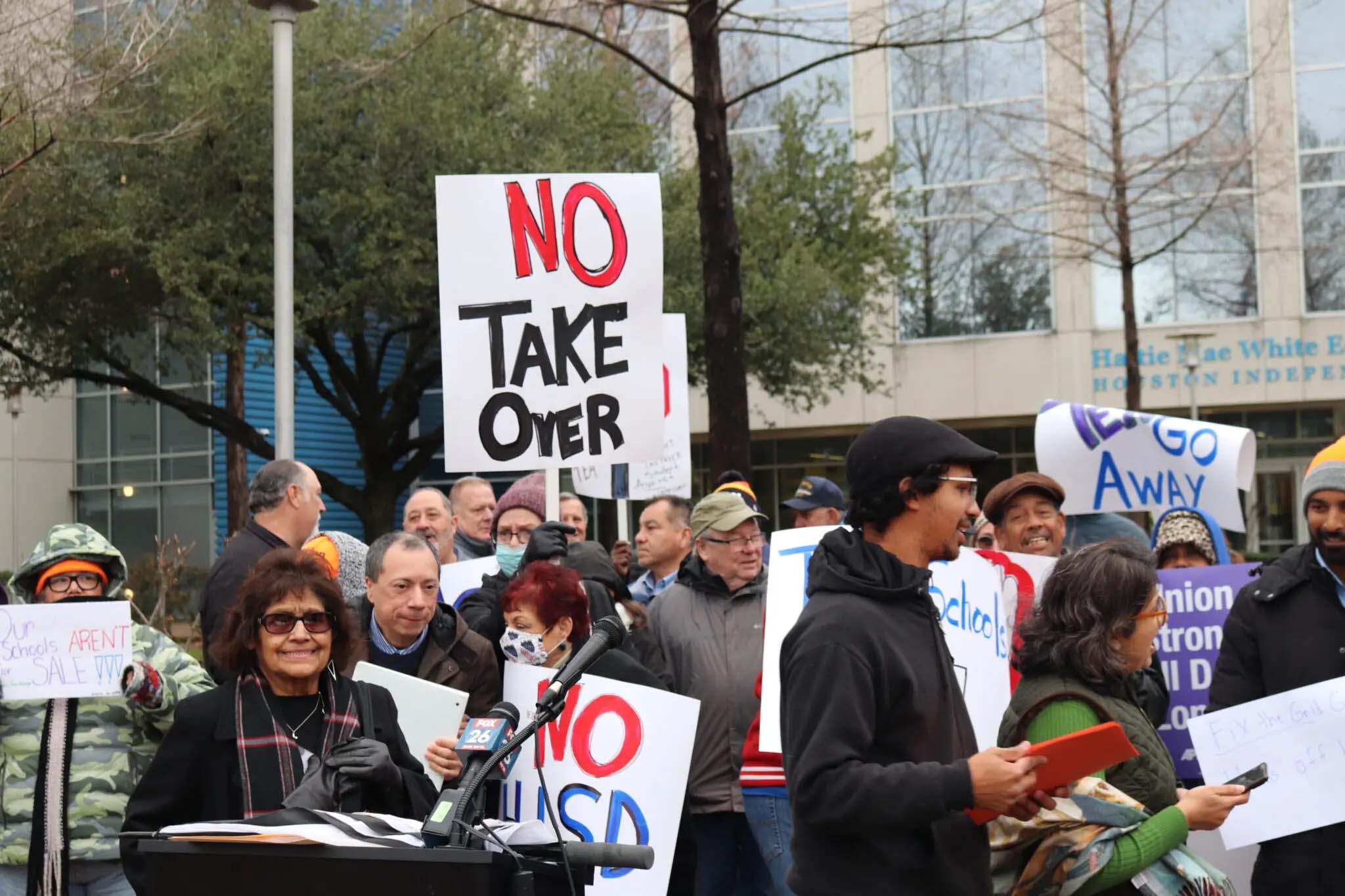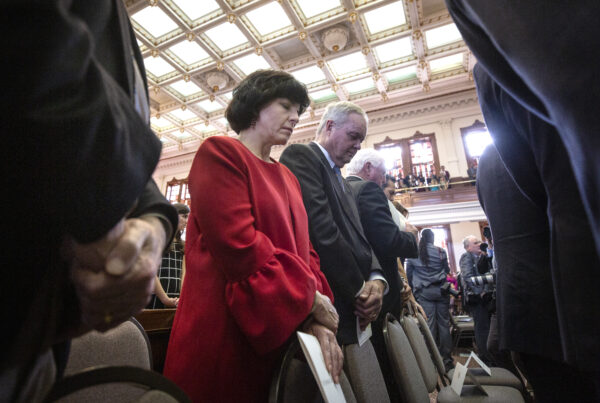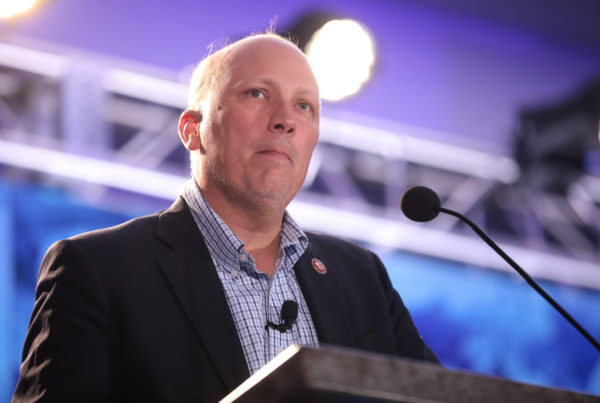The Houston Independent School District is facing a state takeover, which has been in the works for several years.
The Texas Education Agency has said the move is necessary in order to improve performance at Houston schools that continue to receive failing grades from the state. However, local groups have pushed back, saying that local control of schools is best for the community.
The Houston school district is the biggest in the state, and it employs more than 11,000 teachers. Ovidia Molina, the president of the Texas State Teachers Association, said educators are concerned about how this move will affect their jobs, and that she is frustrated to see this takeover move forward despite the fact that Houston ISD has made marked improvements in recent years.
“We are going to have a board of managers that is appointed by the commissioner, who is appointed by the governor, and the governor has consistently attacked our public schools. So we are already not feeling very comfortable with what they are actually trying to do with HISD, aside from making it an example,” Molina said. “They are discounting everything that HISD, the students, the educators, and the community have done to improve HISD. Right now, HISD stands at a B-plus rating.”
» MORE: What can other school district takeovers teach us about Houston?
Molina said Houston’s superintendent has been in the job about two years and that the district is in the middle of implementing a five-year improvement plan.
“If we’re talking about making HISD better, that has been happening. And so to say that this is in the best interest of our students and the school district, we were already on that path. So why now?” she said. “They’ve gone from 50 D- and F-rated schools to 10. … If they’re doing the work that the state wanted them to do, why stop the work now?”
Molina said this move by the state is demoralizing to teachers, who have been working hard at improving the schools’ ratings. She said it is also frustrating to many educators that the ratings are heavily based on standardized tests, which she argues does not reflect the full complexity of educating children.
“I’ve heard from several local educators who are just unsure whether they should remain in HISD. And we know that Houston is a large city that has many school districts. And so we’re going to see a lot of our educators leaving because of the uncertainty of not knowing whether you’re going to have a job, because we don’t know how they’re going to look at restructuring,” Molina said. “We already know that they’re going to be replacing the school board and the superintendent. The next idea, the next jump is that they’re going to also be replacing teachers and other school employees. And so the uncertainty is too big to wait around and see what happens to you.”
One of the biggest problems, Molina said, is the lack of clarity around what the plan is moving forward at the classroom level.
“That is one of the biggest problems right now, is that we don’t know anything. The commissioner pulled this during spring break. We have bills in the Legislature right now that are trying to halt this process,” she said. “So it’s not just our educators that are questioning what is going on. It’s also our students and their families.”
Molina said she would have preferred to see a solution for Houston ISD that involved local input that centers educator expertise.
“Commissioner [Mike] Morath has said that the Board of Managers is going to be made up of Houstonians, but they don’t necessarily have to be in education,” she said. “We need to ensure that we have people that know what happens in our schools and listen to their ideas. … Treat the educators as professionals and have them be part of the solution instead of just telling them what to do.”













